Astronauts or astro-nots?




China says it is working to develop a solar energy plant in space that could one day beam enough power back to Earth to light up an entire city.
If scientists can overcome the formidable technical challenges, the project would represent a monumental leap in combating the Earth’s addiction to dirty power sources which worsen air pollution and global warming.
A space-based solar power station could also provide an alternative to the current generation of earthbound and relatively ineffective renewable energy sources.
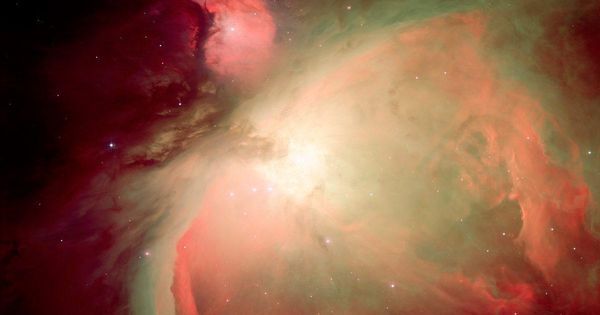
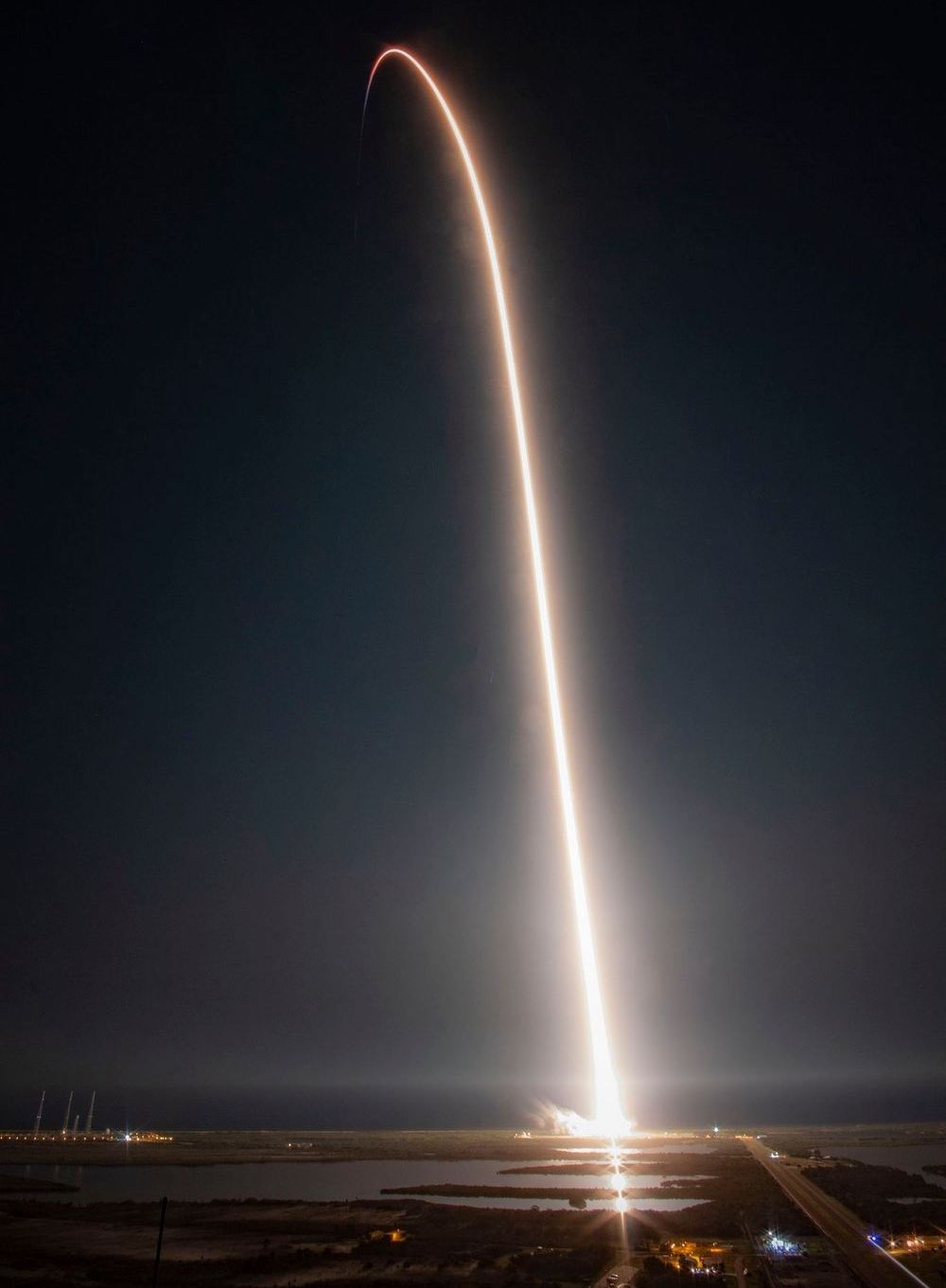
Find out how you can submit original artwork for our Astronaut Crew Quarters, one of the places where crew members will spend time before heading out to the launch pad: https://go.nasa.gov/2TxmBYq
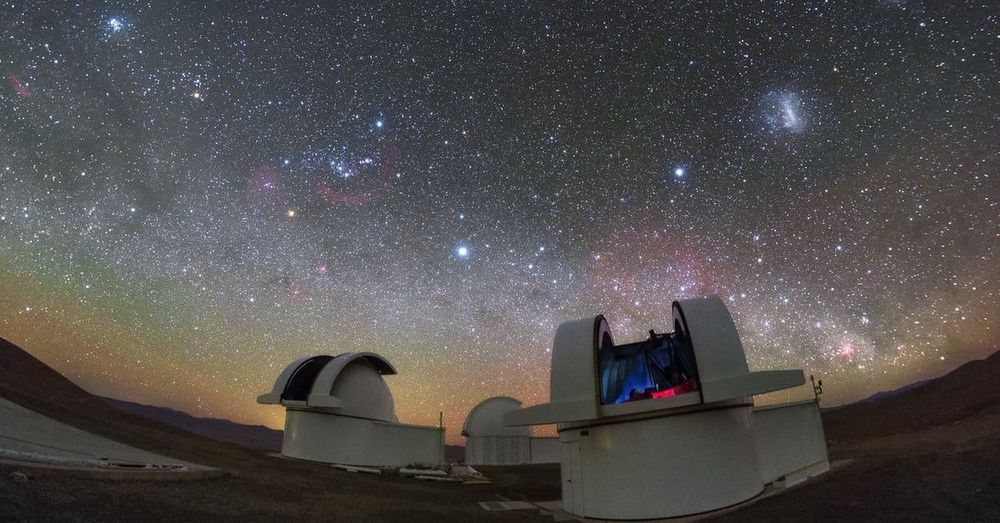
The Atacama Desert in Chile has been a hotbed of astronomical activity of late. Not only is it the site of Martian environmental simulations to test rover capabilities, it is also home to an project called SPECULOOS (Search for habitable Planets EClipsing ULtra-cOOl Stars).
SPECULOOS is part of the ESO, the European Southern Observatory, and involves the use of four robotic telescopes for planet hunting. In particular, the telescopes look near to ultracool stars and brown dwarfs to search for Earth-sized exoplanets which can then be investigated in more detail by another telescope such as ESO’s forthcoming Extremely Large Telescope (ELT).
The four telescopes of SPECULOOS are named after Jupiter’s moons: Io, Europa, Ganymede, and Callisto, and each has a one meter primary mirror with cameras that are sensitive to near-infrared wavelengths. This accords with the type of light given off by the ultracool stars and brown dwarfs which are the telescopes’ targets.
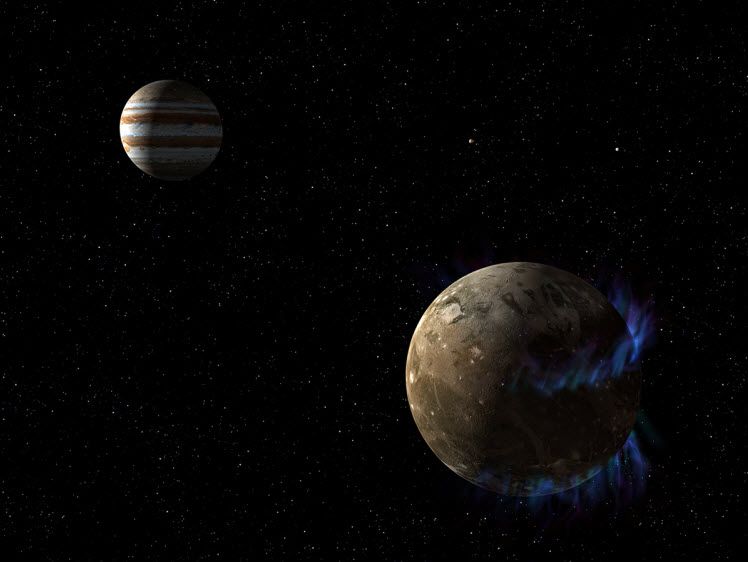
Circa 2015
NASA’s Hubble Space Telescope has the best evidence yet for an underground saltwater ocean on Ganymede, Jupiter’s largest moon. The subterranean ocean is thought to have more water than all the water on Earth’s surface.
Identifying liquid water is crucial in the search for habitable worlds beyond Earth and for the search of life as we know it.
Circa 2012
Enlarge | + 
Lt Col Garretson — one of the USAF’s most farsighted and original thinkers — has been at the forefront of USAF strategy on the long-term future in projects such as Blue Horizons (on KurzweilAI — see video), Energy Horizons, Space Solar Power, the AF Futures Game, the USAF Strategic Environmental Assessment, and the USAF RPA Flight Plan. Now in this exclusive to KurzweilAI, he pushes the boundary of long-term thinking about humanity’s survival out to the edge … and beyond. — Ed.
The views expressed are those of the author and do not necessarily reflect the official policy or position of the Department of the Air Force or the U.S. government.
It isn’t enough just to plan for two or 20, or even the fabled Chinese 100 year periods. We need to be thinking and planning on the order of billions of years. Our civilization needs inter-generational plans and goals that span as far out as we can forecast significant events.
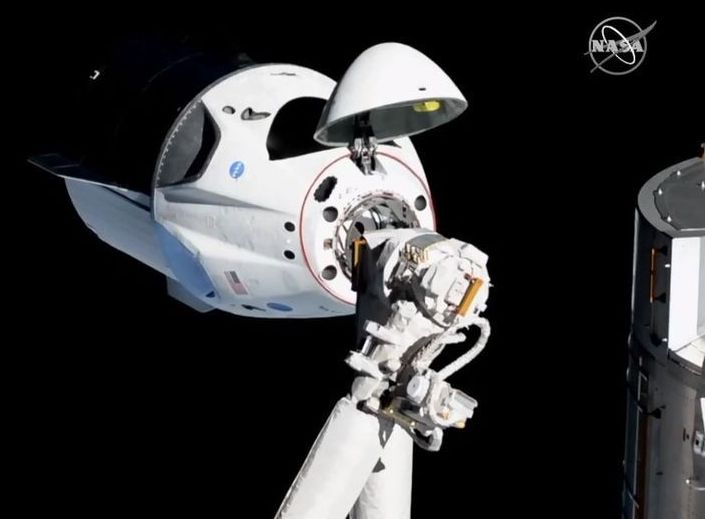

Los Angeles has endured endless criticism for its low-lying slab buildings, flat-topped towers, and mismatched design aesthetics.
In 2013, the former architecture critic at Los Angeles magazine, Greg Goldin, lamented the city’s “dull” and “mediocre” landscape.